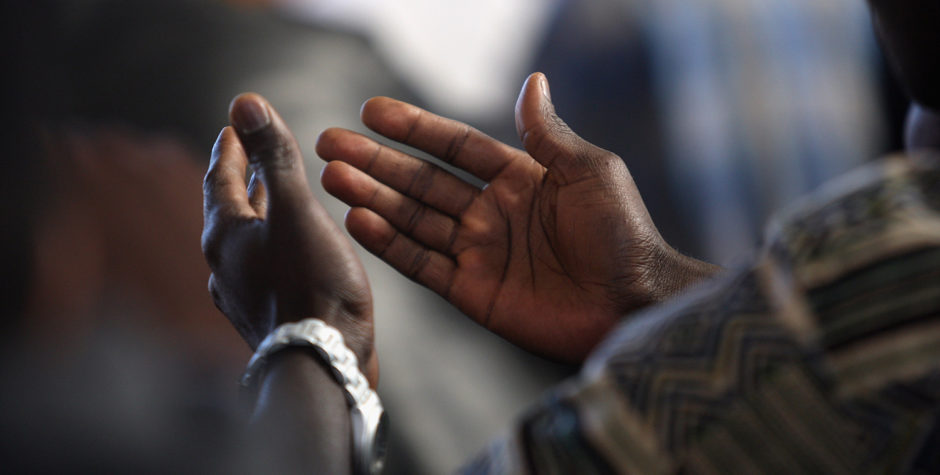ACLJ Files at the Supreme Court in Support of Prayer
The American Center for Law and Justice (ACLJ) today filed an amicus curiae brief – friend-of-the-court brief – at the Supreme Court of the United States in support of legislative prayer. In the case Rowan County, North Carolina v. Lund, we are asking the Court to support the county’s request to overturn an en banc decision of the Fourth Circuit Court of Appeals which held that prayers given before the Rowan County Board of Commissioners are unconstitutional.
The lawsuit, brought by the ACLU, challenged the prayers because they were Christian in nature and because they were led by county commissioners, claiming that such prayers made non-Christians feel excluded.
Yet both the Constitution and Supreme Court precedent are clear: Prayer is not unconstitutional.
Legislative – or deliberative-body – prayer is not a new issue for the Court. The Court’s decisions involving legislative prayer span more than thirty years: first in Marsh v. Chambers (1983) where the Court stated that legislative prayer has been a practice “deeply embedded in the history and tradition of this country,” and, as recently as 2014, in Town of Greece v. Galloway, where the Court stated that legislative prayer “lends gravity to public business, reminds lawmakers to transcend petty differences in pursuit of a higher purpose, and expresses a common aspiration to a just and peaceful society.”
The Fourth Circuit’s en banc decision in this case conflicts with this longstanding Supreme Court precedent. Moreover – and crucially – the Fourth Circuit’s decision is in direct contrast to a recent en banc decision by the Sixth Circuit in a similar case, Bormuth v. Jackson County, thereby creating a circuit split. Notably, the ACLJ likewise supported Jackson County before the Sixth Circuit with an amicus brief. The County in that case received an important victory.
A circuit split is one of the chief grounds by which a case may gain an audience before the Supreme Court. In our brief, we remind the Court that should it refuse to review this decision and settle the circuit split on the constitutionality of legislative prayer, “similar cases will continue to have incongruous outcomes throughout the country,” meaning that, depending on where you live in the United States, prayer before your locality’s city council may or may not be allowed. Such a disparity in the law cannot stand.
Additionally, we asked the Court to provide clarity regarding the manner in which prayers may be given before deliberative bodies. The Supreme Court has ruled that a deliberative public body may open its proceedings with a sectarian prayer so long as there is not an ongoing practice of denigration of minority beliefs or non-belief, or government coercion to participate. Town of Greece, 134 S. Ct. 1821. Likewise, the Sixth Circuit held in Bormuth that legislators may personally offer the prayers, and may invite attendees to stand and bow their heads for the prayers on the understanding that those requests are “polite,” “commonplace,” and “reflexive.”
The Fourth Circuit, however, held that the legislator-led prayer practice in Rowan County violated the Constitution. In other words, that it was the identity of the prayer-giver that made the prayers unconstitutionally coercive. Because courts are relying on such fact-intensive analyses in deciding these cases, it is imperative that the Supreme Court provide additional guidance for the circuit and district courts to adhere to in deciding similar cases that are sure to arise in the future.
Today’s brief was filed on behalf of our Committee to Defend Legislative Prayer. You can add your name below.
A response to Rowan County’s petition is due to the Supreme Court next month. We will keep watch on the progress of this case and will keep you updated online at ACLJ.org.
